
Narcolepsy is a chronic sleep disorder defined by the excessive daytime sleepiness. People suffering from narcolepsy will usually be very tired and may fall asleep at inappropriate times and situations. Moreover, these people will have very disturbed patterns of nocturnal sleep and, correspondingly, abnormal daytime sleep pattern. What is especially unusual about this condition is that patients with narcolepsy reach the REM stage of sleep in no more than 10 minutes. This phase is also known as the rapid eye movement stage, and for most of the people, it takes no less than 90 minutes to reach the REM stage. However, problems with narcolepsy reach even further, since these patients often experience a sudden muscular weakness brought on by strong emotions. This condition is known as cataplexy, is very rare and affects less than five persons per every 10.000. During the cataplexy episode, patient may even completely collapse or manifest milder symptoms such as slurred speech and impaired vision, stiffness of the muscles or even temporary paralysis.
Causes of narcolepsy
This condition is a nervous system disorder and not a mental illness. Genetic components play a very significant role in the development of narcolepsy. A protein known as hypocretin is most likely responsible for narcolepsy. Scientists have determined that patients with narcolepsy have extremely reduced levels of this protein in their spinal fluid. This chemical is important for the regulation of wakefulness and REM sleep.
Symptoms of narcolepsy
The most prominent symptom of narcolepsy is the excessive daytime sleepiness. Patients with narcolepsy will be very sleepy, even if they had enough nighttime sleep. These people may fall asleep a number of times during the day in various inappropriate situations. There is literally nothing that a patient can do to resist the urge to fall asleep. These naps usually occur with no previous warning and after the patient wakes up, he or she may feel refreshed but only for a short time. During the night, patients will usually wake up many times and have problems falling to sleep again.
Cataplexy episodes characterized by the loss of muscle function are often triggered by very banal emotional reactions such as laugh, anger, surprise or fear. The episode can sometimes be very short, as for just a couple of seconds, or may last a couple of minutes. These episodes are not dangerous but they are often mistaken for epilepsy.
Almost half of the patients with narcolepsy will express automatic behavior during sleep episodes. This means that the patient may fall asleep while continuing to carry out the normal activity he or she was doing before falling asleep. For example, patient may continue talking or cleaning the table. After the sleep, patient will not have any memory of performing such activities.




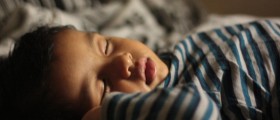
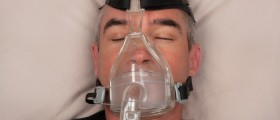
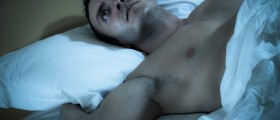
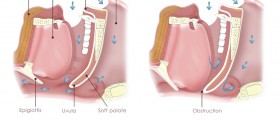
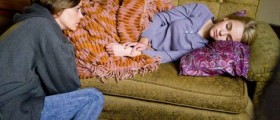


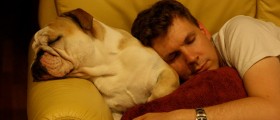





Your thoughts on this
Loading...